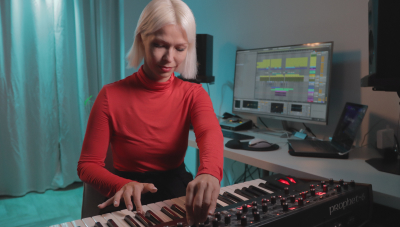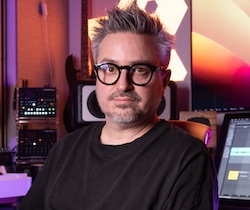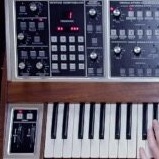We’ve all been there… We get a miraculously free afternoon to spend in our studio, setting ourselves a goal to finish some tracks and get ahead with new projects, only to end up exhausted and unhappy with our progress.
Then the next time we get into the studio, we don’t feel like carrying on those ideas we came up with in the last session, so we start something new, and so on and so forth until a few sessions go by and we’re left with a bunch of unfinished tracks.
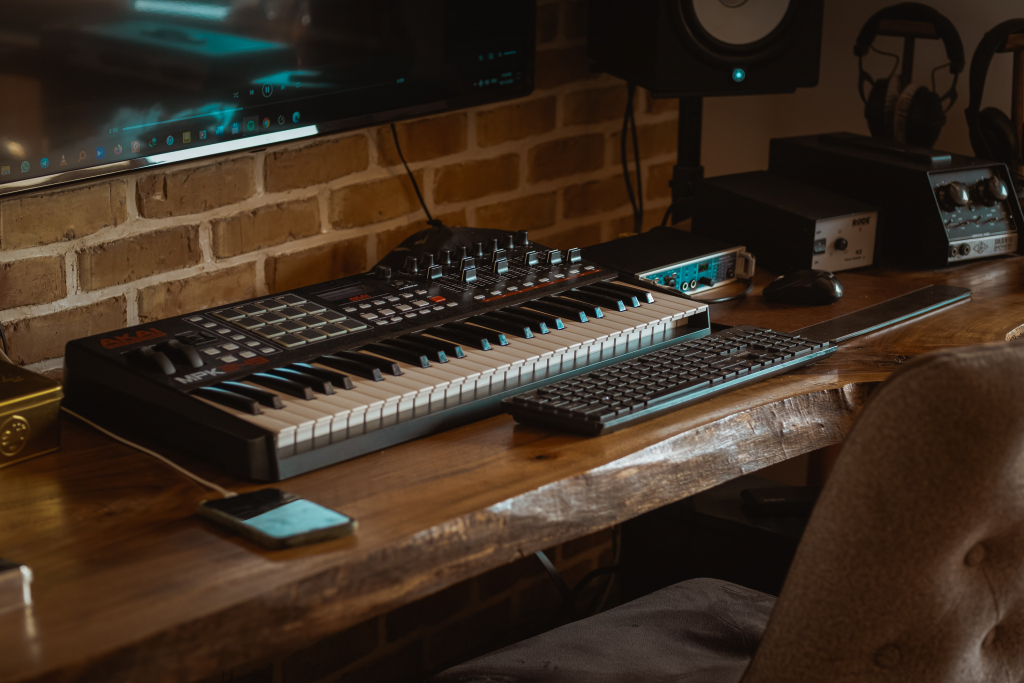
Let’s break this cycle
Planning will be the remedy for our wasted studio time. Go and grab a notebook and take notes of what habits you think you could change or improve.
Here you have a long list that can give you some ideas:
Tips on setting objectives
- Take your time to define what you want to create. If you want to go for a particular genre, what instrumentation you want to use, if you want your music to evoke certain feelings or imagery, etc.
- If you set a goal to finish a track during the current session, do so and complete its arrangement, even if it’s a bit rushed and you’re not completely happy with it. Next session, it will be easier to improve something that exists than something that doesn’t.
- Be patient with your general progress as a producer. When you understand that it takes time, you’ll be less frustrated and will set yourself achievable goals.
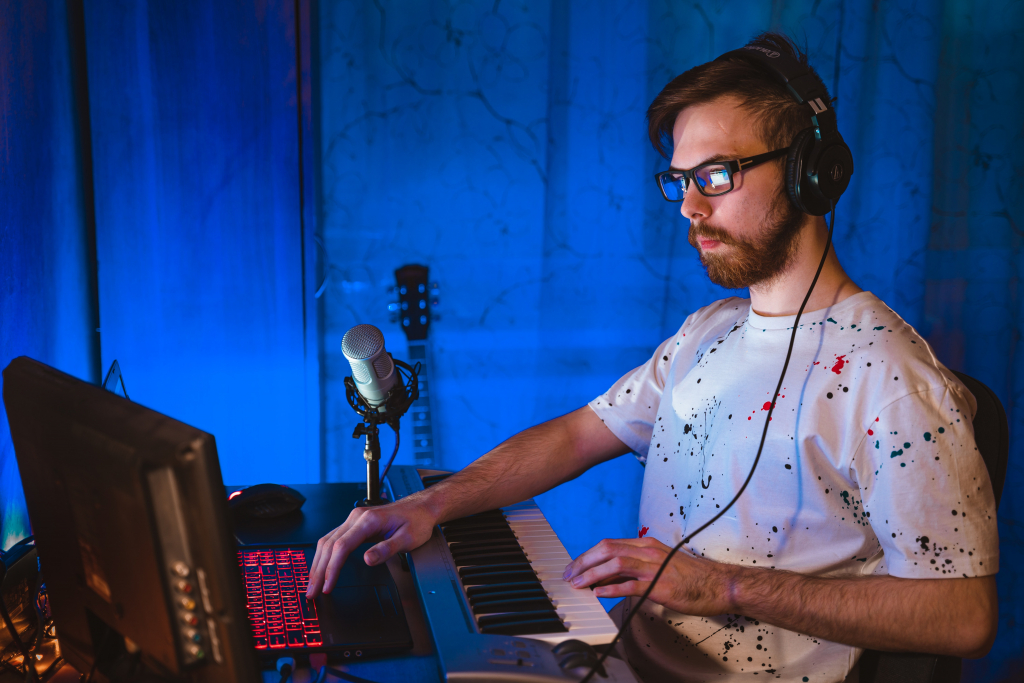
Tips on organization
- Create templates if you always spend time organizing your projects in a certain way.
- Create favorite samples and presets folders.
- Categorize plugins if you have many.
- Organize and key label samples.
- Create your custom FX chains so they are ready to be used.
- Create custom key commands.
Tips on training
- Learn to use shortcuts and practice them along with your own custom key commands.
- Spend some time learning to play the piano or MIDI controllers, or improving your understanding of music theory. This will help you come up with chords or melodies easier.
- Learn production techniques from professionals to achieve results faster.
Tips on making decisions
- If something sounds good, don’t overprocess it. Wait until you have most of the track finished so you can make well judged decisions in context with the whole track.
- Don’t listen to your work over and over again, or you’ll get used to listening to it in that way and improving it will become more difficult. Each listen must have a specific purpose.
- Use reference tracks so you know the sound quality that you’re aiming for.
Tips on distraction
- If you live with more people in the house, talk to them about how important it is for you not to be interrupted during your sessions. Establish schedules that become clear for them.
- Turn off your phone or your social media notifications so you’re not tempted to start scrolling without noticing…
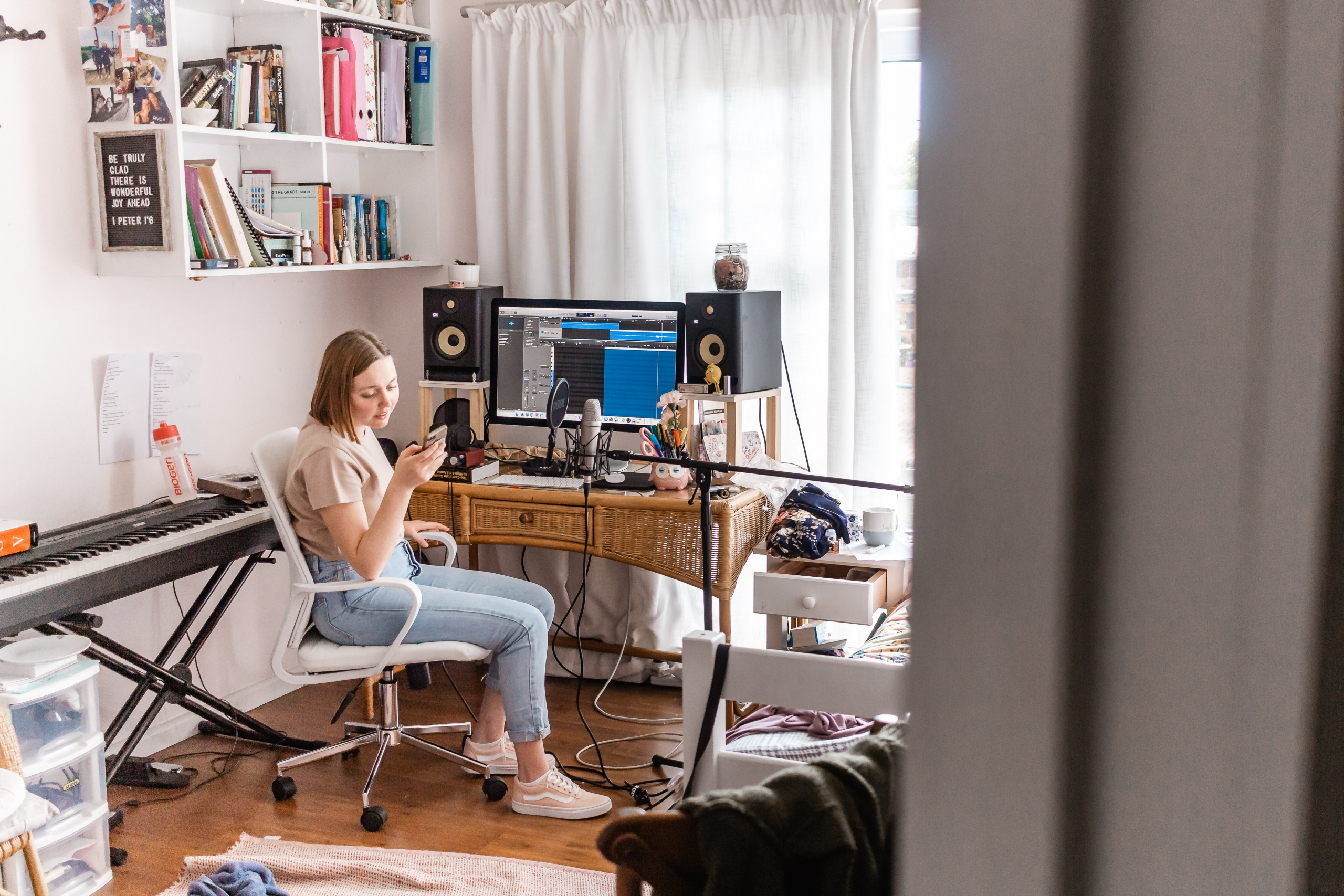
Tips on health
- Take a break every 45 minutes, for at least 10-15 minutes.
- Get hydrated, and exercise or stretch often. This will give you more energy in the studio and will help you keep healthy ears, since blood circulation is an important issue related to hearing.
- Remember to keep volumes no louder than 80-90 dB so your ears don’t get fatigued too soon (and don’t get damaged in the long term!).
Make a plan
Then, calculate how many hours a week you’re going to be in the studio, set weekly goals and write a detailed schedule for each session. Start applying some of our suggestions straight away, or leave some of them for future sessions, so you don’t get overwhelmed. Or you can set aside some personal time to focus on organizing your DAW or improving your piano skills.
Creating habits takes time, so just be patient.
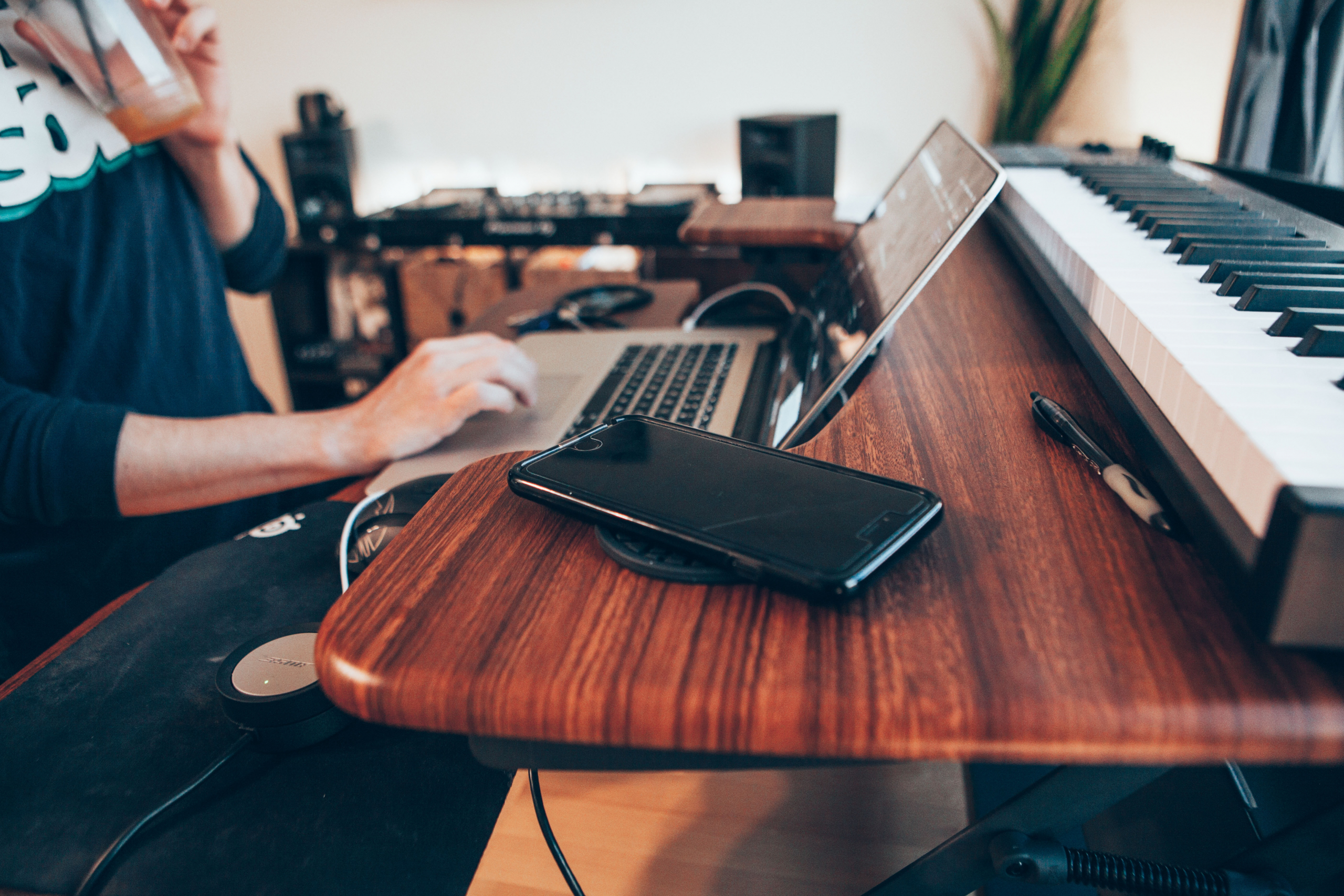
Leave some minutes before finishing your session at the studio to reflect on how it went and decide what you need to achieve in the next session. What if you haven’t finished a track as well as you would have liked? Then, you may have to answer some questions such as, can this track really be improved? Can I spend a few more hours on it but change direction to get different results? Or should it be https://www.aulart.com/wp-content/uploads/2020/04/Marco-Faraone-1.jpgsed a few days and then retaken with a fresh approach?
Stopping to question yourself is so much better than just insisting blindly on a track until exhaustion! By reflecting and answering these questions you can then adjust your plan and go ahead. And the more you go through this process, the more you know yourself as a producer, the more effective your plan will become.
Feeling happier with your work
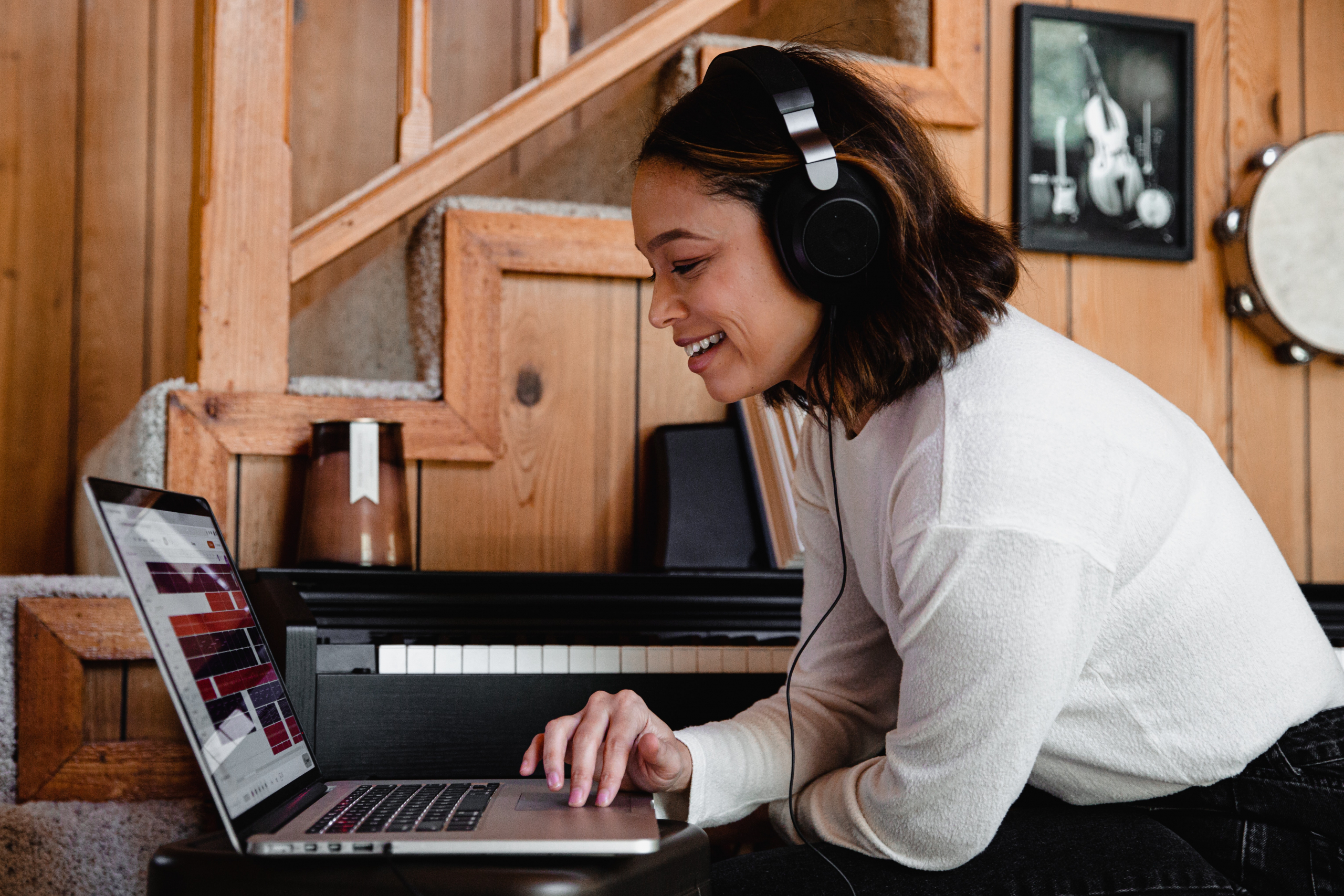
Your feeling of accomplishment will increase considerably after a while. And don’t be surprised if other things increase too. For example, the amount of hours you spend in the studio. How come? Well now you have a plan and realistic goals to achieve, you’ll be more efficient in the studio and know exactly what you need to do, inevitably meaning you’ll want to spend more time in there to keep the flow going. On the other hand, if you only have a short window of time to get into the studio (when you get home from work or before you go to bed for example), you know you’ll be able to make some progress and complete some tasks due to your improved efficiency.
Being motivated brings more motivation, so don’t be surprised if you start to feel more inspired and more positive about taking your musical project to the next level.
We hope this article helps you. We’d love to know if you found any of these ideas useful or if you have some others of your own you’d like to share with us. We will be reading you in the comments!
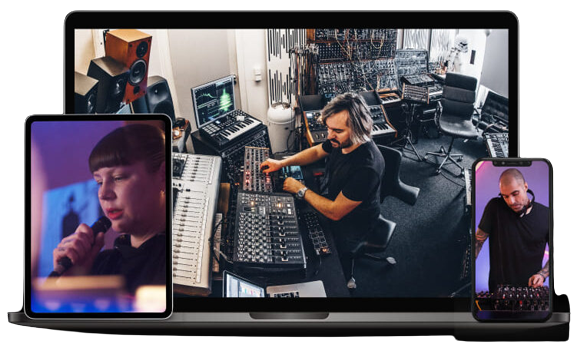
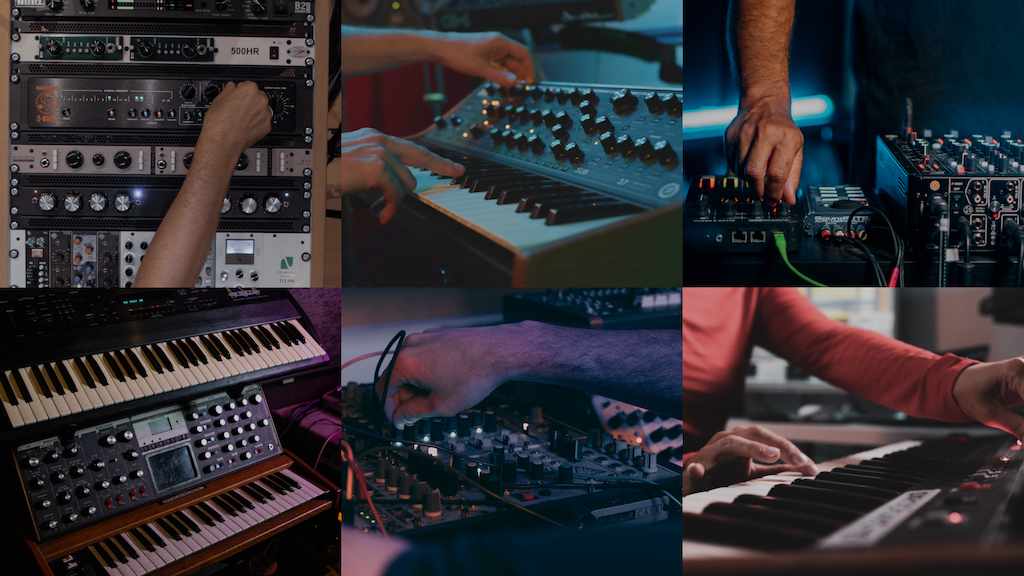
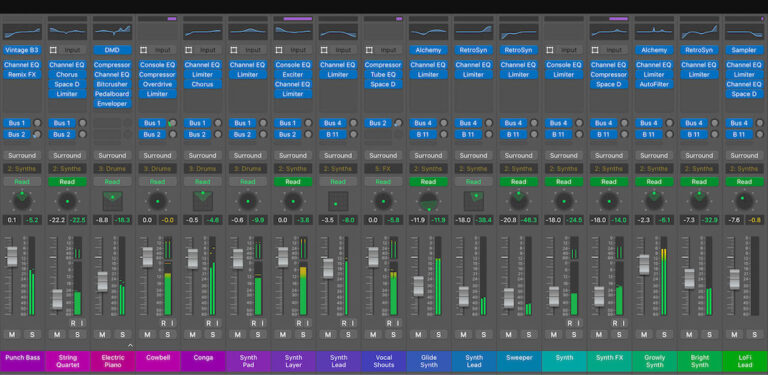
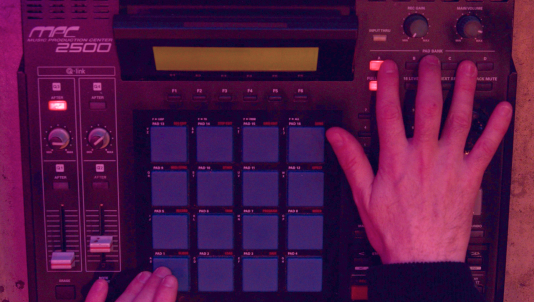

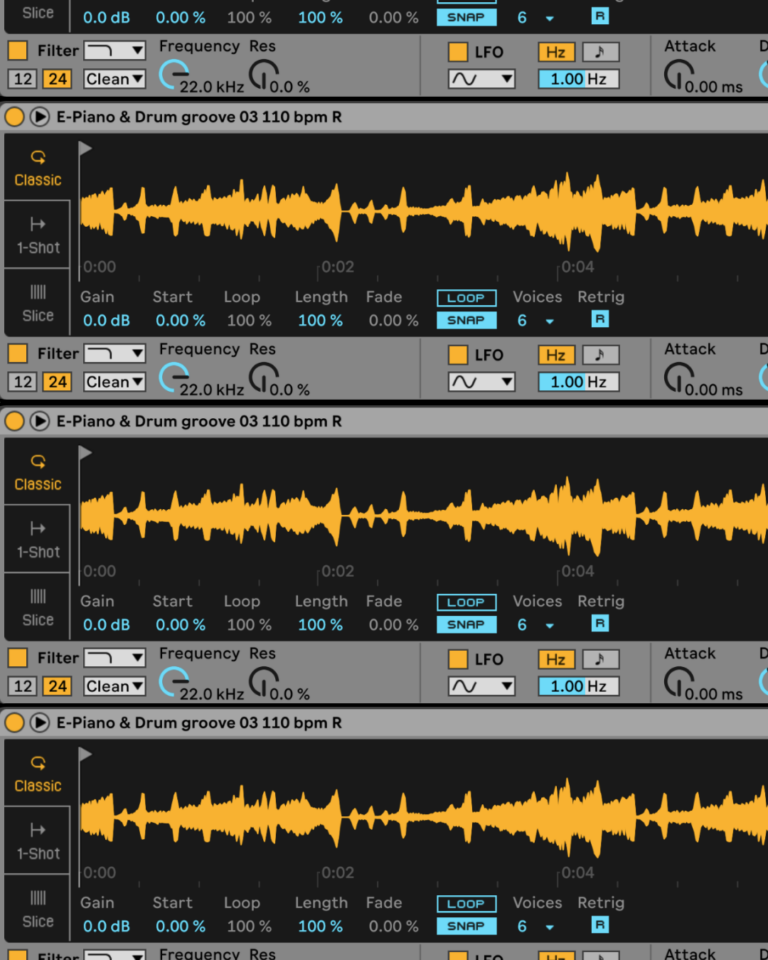
 50 Industry Music Production Tips You Must Know
50 Industry Music Production Tips You Must Know


